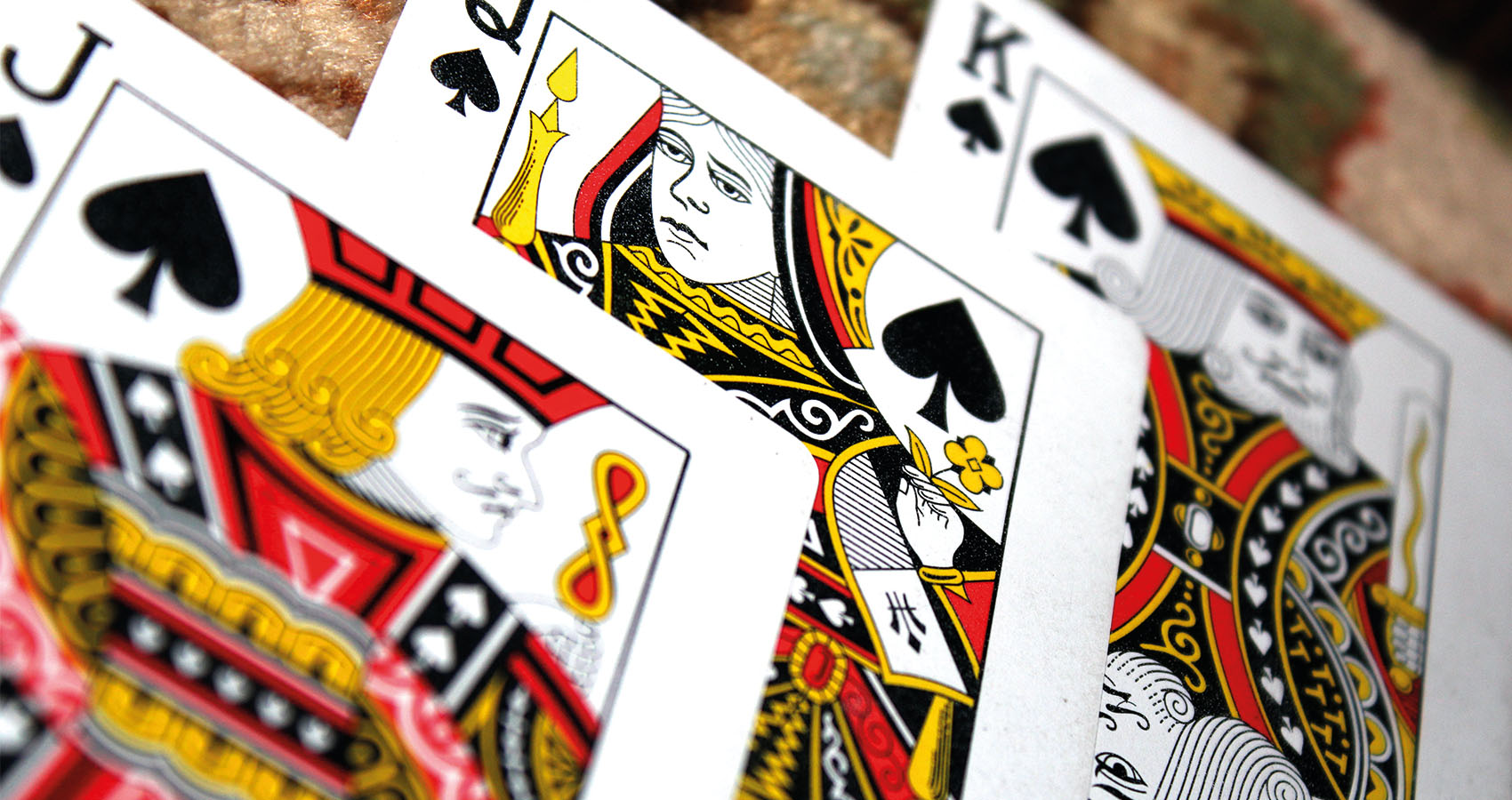
The Power of Math: How Understanding Poker Can Improve Your Decision-Making
Math is hard? Then try a round of poker.
Poker is a classic game that demands skill and several qualities to win. Factors like reading your opponent's move and calling big bluffs are equally important. However, to excel at the sport, you require specific mathematical knowledge.
This article will walk you through the importance of an arithmetical understanding of the game. Dig deeper to discover how to use this to improve your probability of winning.
Probability and Expected Value (EV)
Poker is a game that depends on your ability to make decisions based on probability and chance to some extent. Expected Value (EV) forms the framework for the mathematical concept of poker.
Tournament winners like Dan Harrington and Phil Ivey master this concept and reap handsomely. Your decision-making process radically improves by simply calculating the EV of various actions.
To remain profitable in the long term, you have to make better EV plays. In poker, a single call or action does not seal the fate of the whole game. This is why we view EV in the long term.
A better understanding of probability will allow you to execute profitable decisions about calling, raising, or folding in any situation. For example, if the probability of winning a hand is high and the potential payout is significant, it may be wise to call or raise.
Pot Odds
In poker, you are bound to receive odds when facing bets. Owing to this factor, you can continue playing in profit despite not having the best hand at that particular moment.
Pot odds refer to the comparison between the current pot size against the size of your contemplated call. They depict a risk-to-reward framework that assists you in calculating your probability before placing a bet which you can use a poker odds calculator to do.
You might be wondering, why use a poker odds calculator? Aside from giving accurate results, it's simpler than physically computing it. Additionally, the calculator saves you time. You can visit the link to learn 5 important reasons to incorporate a calculator into your gameplay.
Comparing pot odds to the odds of completing your drawing hand places you in a better position to make arithmetically sound calls. If the pot odds exceed the odds of meeting your hand, making the call could be your ticket to heaven. If not, folding would be the better option.
Breakeven
For the majority of recreational poker players, the aim is to break even. The Breakeven (BE) percentage refers to the mathematical representation of whether a bet has zero EV. You profit if you get your opponent to fold more times than the breakeven percentage.
However, the opposite results in your bluff experiencing a loss. You should note that a nonprofitable bluff is not necessarily a bad thing. Sometimes it can be a part of the bigger EV.
Additionally, you need to practice proper bankroll management to achieve a break-even result. Selecting the appropriate bankroll size based on the stakes you play gives you an upper hand.
Effective management of your bankroll shields you from the possible risk of going broke during downswings and gives you a chance to recover.
Conclusion
In as much as poker might seem like a simple game, it contains some complexity. You must have the skills to read your opponent and know when they are bluffing. Similarly, you need some degree of luck to secure a win. An essential aspect of the game, however, is having the mathematical concepts at your fingertips to have an edge over your competitors.













